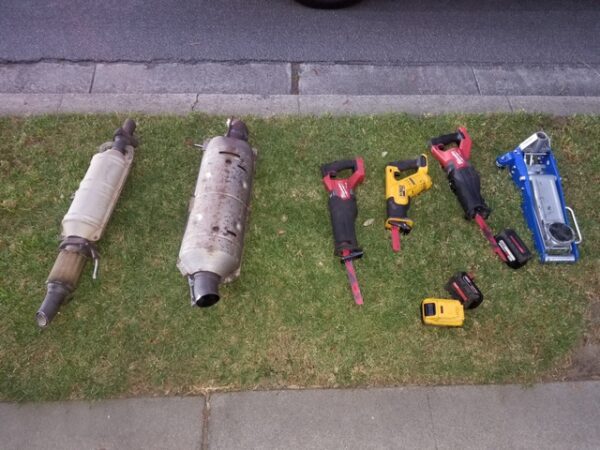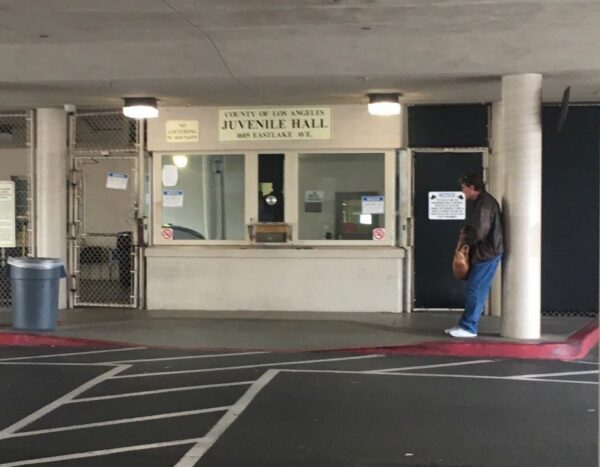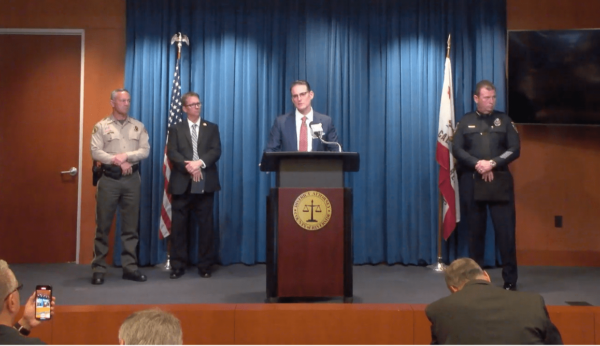The Los Angeles City Council directed the city attorney Tuesday to draft an ordinance prohibiting the unlawful possession of catalytic converters in the city in an effort to counter a five-year rise in thefts.
“It’s a crime happening to the constituents in our community that’s hurting people and one that we are allowing, we are failing to act on, if we do not pass this today,” said Councilman John Lee, who co-presented the motion.
According to the motion, approved in a 8-4 vote, 972 catalytic converters were reported stolen across the city in 2018. In 2022, the city reported almost 8,000 catalytic converter thefts, a nearly 728% increase just within the last five years.
“This is a common sense measure that simply provides law enforcement with an additional tool that will protect our communities from rampant and damaging theft,” Lee said.
The ordinance would require someone who’s in possession of an unattached catalytic converter to produce a form of valid documentation that would prove they are in lawful possession of the device.
A catalytic converter is an exhaust emission control device that converts toxic gasses and pollutants in exhaust gas from an internal combustion engine into less-toxic pollutants, the motion read.
“Catalytic converter thefts are on the rise nationwide, and California has the dubious honor of leading the country in the number of converters stolen,” according to the motion. “Because of the external location and the use of valuable precious metals, these devices are a target for thieves.”
Councilwoman Eunisses Hernandez, who opposed the ordinance, pushed back against Lee’s proposal, stating the ordinance would “not make our city safer” nor would it prevent the theft of catalytic converters.
“This ordinance is a costly one for the city,” Hernandez said. “It will lead to more cases for the city attorney. It will lead to more money spent on courts and more money spent on public defenders.”
She also asked, if the motion passed, for the city to conduct a study analyzing the impacts of the ordinance, believing that Black, Latino, indigenous and immigrant community members would be most affected.
Council members Marqueece Harris-Dawson, Nithya Raman, Hugo Soto-Martinez and Hernandez voted against the ordinance in the 8-4 vote.







